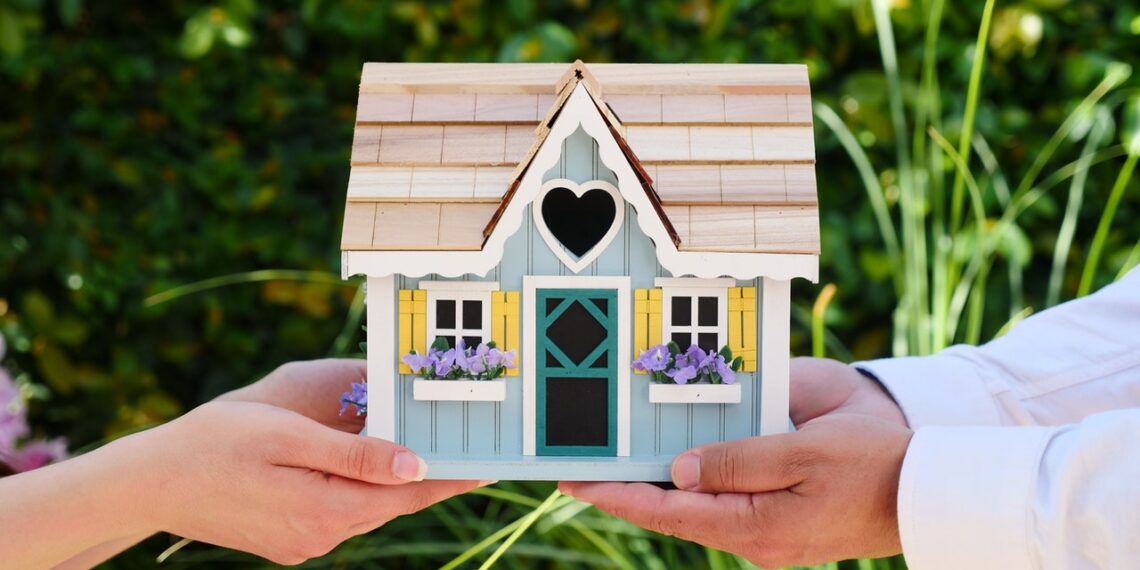It is important to understand both the financial and social implications when deciding whether to buy a home or find apartments for rent. Owning has many benefits, but renting also has its advantages. To help you understand the differences better, here are some things to keep in mind as you weigh the benefits between the two.
Table of Contents
Buying Your Own Home
Whether it’s your first time buying a home or you need to find a much-needed upgrade, finding the right home is a big decision to make. There are many reasons someone might buy a home. You may be looking for more space to raise children, for greater privacy, or simply because you love the idea of having a house of your own.
The Upside
- More Space and Freedom: Buying a house means your own space. You can decorate the area as long as you like. You’ll feel that you have a secure and safe place to live that can never be compared with a rental.
- Building Equity: When you pay down your mortgage, more of what you pay each month goes to the balance on the loan rather than the interest. It builds up equity in your home.
- A Good Long-term Investment: While property prices have risen, prices will likely continue to rise for the long term. Greater demand for homes outstripped availability in April, driving US home prices to their highest level since May 2006. Many homeowners and potential buyers took advantage of low mortgage rates to acquire bigger houses in the suburbs. So if you plan to stay in your home longer, you can make a very safe investment by purchasing a home.
- Stable Monthly Payments: With a fixed-rate mortgage, you won’t have to worry about rising rent. A fixed-rate mortgage is a home loan that carries a constant interest rate from beginning to end. This product is often chosen by borrowers who want stability in their monthly payments. If you decide to apply for a loan rather than buy a house with cash, you need an experienced mortgage broker. When you work with a mortgage broker, they can help you find the best rate from multiple lenders. This way, you’ll get access to lower rates than if you wish to negotiate.
The Downside
- Property Value Can Decrease: Short sales and foreclosures on your street can decrease the value of your home. Even when foreclosures aren’t directly comparable, they can affect certain areas by causing property depreciation in the neighborhood. You could lose money if your home value declines.
- Maintenance Cost: Your home will need maintenance and repair over time which can cost you a lot in the long run. These will be extra expenses beyond mortgage payments.
Renting a Home
Younger generations are increasingly staying in the rental market rather than opting for homeownership. This trend has been attributed to several factors, including rising home values and greater flexibility in renting. Whether you’re looking for convenience or saving money, renting is a low-risk, low-cost option. It gives you flexibility when your needs change.
The Upside
- Home Repairs Are Not Your Responsibility: It’s no secret that homes can be expensive to maintain. But whether your roof is leaking or its central air system is struggling to work at peak efficiency, the costs are generally the landlord’s responsibility and not yours when you’re renting a place.
- No Property Tax: Renting also means that you won’t have to deal with property taxes, which can cost homeowners thousands of dollars annually.
- Freedom to Move: Leaving your rental space is more convenient than moving out of a home. When you are ready to move or change cities, you can end your lease more easily without having to find a new tenant. It would also be easier to pack your bags with fewer things, unlike a home wherein you’d need to find a rental van for things such as appliances.
The Downside
- Unstable Property: Renting means that you can move without paying extra fees or giving up your security deposit. However, it also means that you could suddenly find yourself living elsewhere if your landlord sells the building or puts it up for sale.
- Choices Are Limited: Your location and room options may be limited when you’re renting a property. You won’t be able to choose well, and the spaces with more amenities might be priced higher. It’s quite challenging to find one that suits your preference while having an affordable rental. You also can’t make changes to your house or apartment without the landlord’s approval. A lot of places don’t allow pets either. So if you have a fur baby or an animal lover, finding a place that accepts your pet can be difficult.
- Not Building Equity: You aren’t building equity with your monthly payments since it goes directly to your landlord. You’ll consider your rental as your home, but it won’t be an asset.
The Bottom Line
Owning a home can offer several benefits over time, like building equity and property value over the years. However, renting could be a better option for those who don’t want to deal with upkeep or face the challenge of mortgage payments.
But choosing where you want to live, whether you would purchase a house or rent a property, is entirely up to you, your lifestyle, work, and financial situation. Weigh down the pros and cons of each option and see which fits you best.

